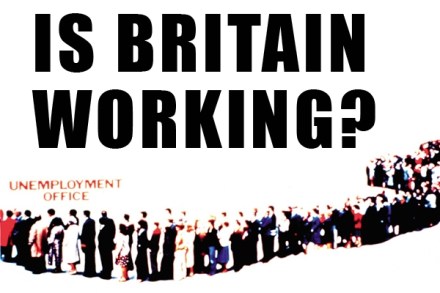Tony Blair is pessimistic about the chances that Europe will change
Tony Blair has plenty to say on the crisis in Syria in his interview in today’s Times, as you might expect. But he also makes a few points on other aspects of foreign policy that are worth noting, particularly regarding Europe. The former Prime Minister tells Alice Thompson and Rachel Sylvester that David Cameron was wrong to offer a referendum on Britain’s membership of the European Union. He says: ‘We should at least pause for thought on this. I can tell you, people around the world now ask about this constantly, with an air of incredulity that Britain should even think of such a thing. Europe will be a lot

















